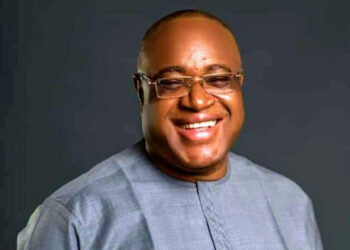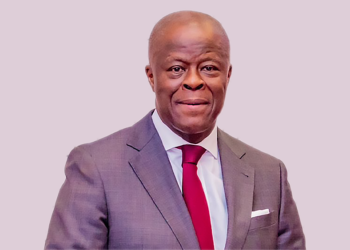Petrol price may go up in just a matter of weeks, even as Nigerians have been advised to brace up for the negative effects such a development would have on the economy.
The impending petrol price hike was disclosed by Mr Birsmarck Rewane, the Managing Director of Financial Derivatives Company Limited, who spoke recently at the Lagos Business School Breakfast Session in Lagos.
According to him, the impending hike in petrol price is due to the fact the fuel subsidy has drained the Federal Government’s revenue. Note that The World Bank estimated Nigeria’s total subsidy bill in 2018 at N731bn.
“A gradual reduction in subsidy payments is anticipated. Only N305bn set aside for under-recovery in 2019 budget; expect an increase in the pump price of fuel. 40 per cent shortfall in provision for subsidies (under-recoveries) points to possible price increases.”
The economy needs a boost: Speaking further, Rewane noted that Nigeria has one of the lowest tax to Gross Domestic Product ratios at 5.3 percent, describing the 2019 budget as counter-cyclical. The economy is in dire need of a boost, he said.
He said with expenditures much higher than sustainable revenues, the fiscal deficit had widened by 2.15 per cent to N1.9tn, adding that the supplementary budget could not be avoided.
“Oil revenues are projected to decline due to the impact of OPEC quota on Nigeria’s oil output level.” -Rewane
The solution is IGR: Commenting on funding for the new minimum wage and the impact on states, Rewane recommended that Internally Generated Revenue could be the only solution.
“States get 85 percent of Value Added Tax, as well as other statutory allocations, in addition to internally generated revenue. Personnel expenses of most states exceed IGR. So, there is either an expense problem or a revenue problem. For social reasons, headcount rationalisation may be farfetched. But labour optimisation will help boost productivity.
“IGR remains key to the funding of the new minimum wage. Funding through the statutory allocation (Federal Accounts Allocation Committee) is unsustainable.”
He said increasing VAT will provide temporary succor, complemented by the improved tax administration.
Privatization and equity sale could also help: Bismarck further pointed out other measures that include privatisation, partial sale of equity across state-owned enterprises, liberalisation, commercialisation, amongst other measures.
Zero MPR rate: Mr Rewane also stated that the cut in the Monetary Policy Rate, also known as the benchmark interest rate, had no impact on investment, output, and savings in April.
Recall that the Monetary Policy Commission of the Central Bank of Nigeria had, in March, cut the MPR to 13.5 percent from a record high of 14 percent. Despite this, credit facility to the private sector reduced last month.
In the meantime, Rewane disclosed that “there is a possibility of another 25 basis point cut.”



















